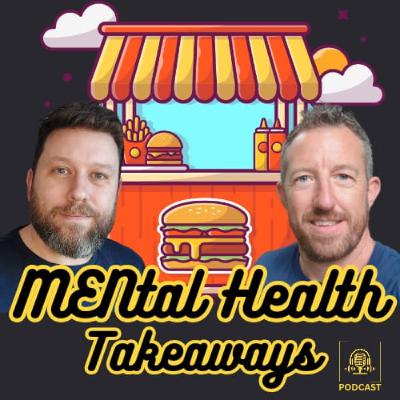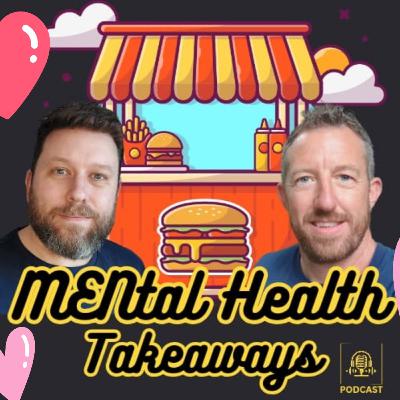Parenting and Being Parented with ADHD (neurodiversity celebration week 2025 special)
Description
Correction: @ADHDFATHERUK not ADHD DAD!
In this captivating conversation, Jacob shares his experiences with ADHD, discussing the impulsivity associated with the condition, the importance of early diagnosis, and the positive aspects of neurodiversity. He emphasizes the need for better representation of ADHD, particularly for boys, and the impact of medication on managing symptoms. The discussion also touches on societal versus academic expectations for children, highlighting the importance of self-esteem and framing ADHD positively. In this conversation, Jacob, Brad, and Matt explore the challenges and opportunities within the education system, particularly regarding neurodiversity and ADHD. They discuss the importance of navigating learning through personal interests, the need for systemic change in education, and the value of representation for neurodivergent individuals. The conversation also touches on the evolution of neurodivergence, the effectiveness of therapies like CBT, and the significance of lived experiences in shaping identity and self-esteem. Jacob shares personal reflections on connecting with his younger and older selves, emphasizing the growth and understanding that comes from these experiences.
Get all Jacob's links including his excellent Instagram here https://linktr.ee/adhdfatheruk?fbclid=PAZXh0bgNhZW0CMTEAAaZaQ8lYLUuISrNl-0ULVLztvojEVKyK_pc0kQUPlF-cJ0LmhtGoOqp05cc_aem_ietjGxRkbD2s0RLC_MoDdg
Find support for ADHD in your local area by googling 'local offer ADHD' and the name of your county or try the sites listed below;
- Think ADHD https://thinkadhd.co.uk/treatments/support-groups/
- ADHD UK https://adhduk.co.uk/
- Diverse Perspectives (private sector) https://www.diverseperspectives.net/
- Me & Mo (private sector) https://askmeandmo.com/
Keywords;
ADHD, impulsivity, diagnosis, medication, mental health, self-esteem, representation, parenting, neurodiversity, societal expectations, education, neurodiversity, ADHD, learning, mental health, self-esteem, therapy, diagnosis, representation, evolution
Takeaways;
- Adults with ADHD can spend an extra £4,000 to £6,000 a year due to impulsive buying.
- Dietary choices for those with ADHD often lean towards quick fixes, impacting health.
- Self-esteem is the biggest issue for children with ADHD, not hyperactivity.
- Celebrating ADHD diagnoses can positively influence children's self-perception.
- Early diagnosis of ADHD is crucial for better mental health outcomes.
- Representation of ADHD in media often skews towards female experiences.
- Medication can significantly improve the quality of life for those with ADHD.
- Parents should focus on building their child's self-esteem to counteract negative messages.
- The stigma surrounding ADHD and its treatment can hinder individuals from seeking help. Navigating learning through personal interests can enhance engagement.
- The education system often fails to adapt to modern needs.
- Neurodiversity adds value and richness to society.
- Evolution may include neurodivergent traits as adaptive features.
- CBT is a sustainable and effective therapy for ADHD.
- Work can be done to support ADHD without a formal diagnosis.
- Life's challenges can lead to personal growth and resilience.
- Experiences shape our identity and contribute to our uniqueness.
- Representation matters for neurodivergent individuals in society.
- Men can and do talk about their experiences and feelings.






